This is the optimal temperature to set your freezer on – avoid higher energy bills, over-freezing and freezer burn
Our experts say any lower will cause freezer burn and ice buildup
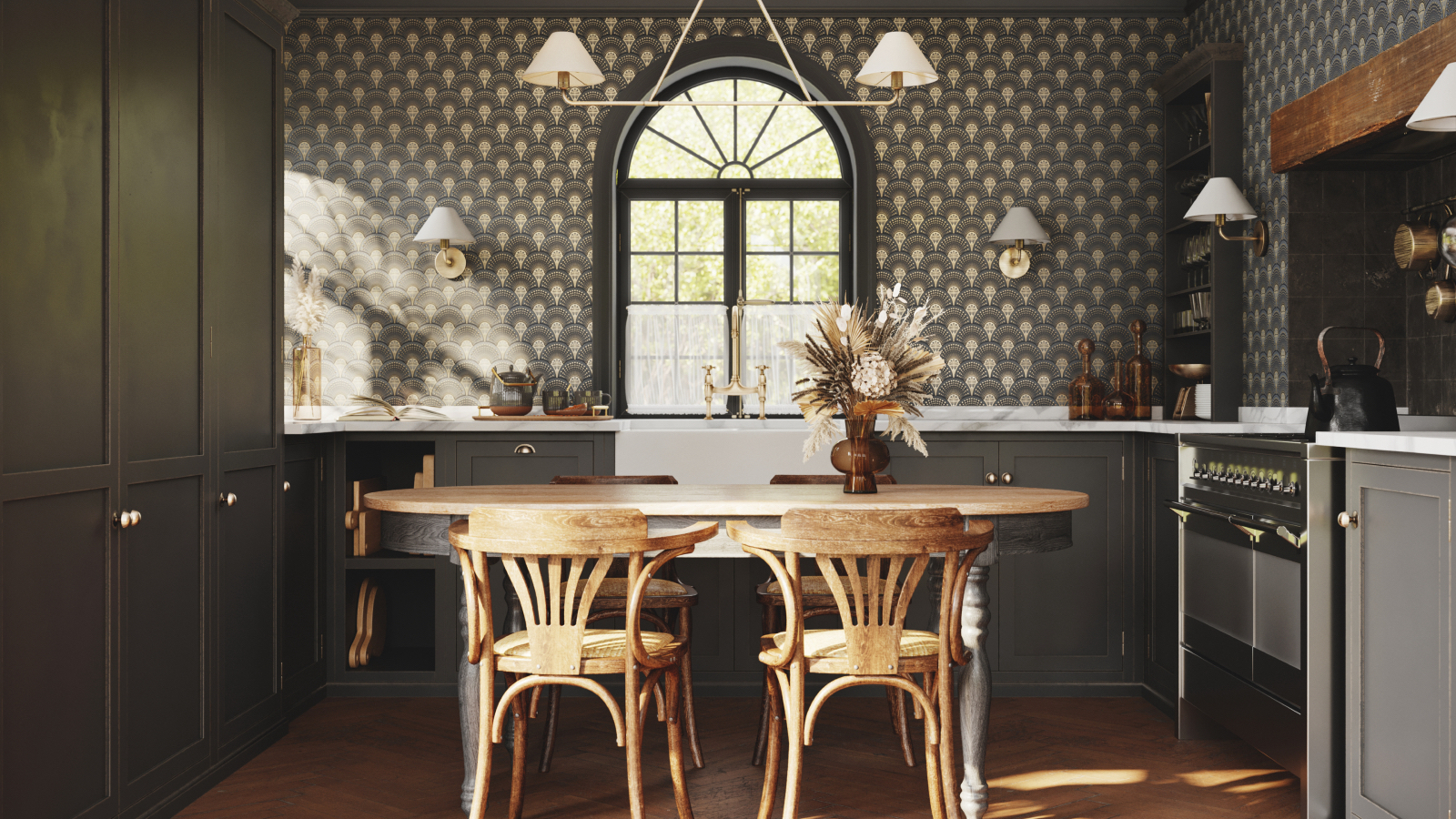

If you've ever moved out of a property, chances are you know the lengthy and, at times, difficult process of thawing a freezer due to ice buildup.
As it turns out, it's not only a risk to your food, but may also be driving up your energy bills and signalling a serious issue with your freezer, so it's important to know how to spot it, and prevent it in the first place, which includes running it at 0° Fahrenheit (-18°Centigrade).
Here, we spoke to an appliance expert to find out why your freezer might be frosting up, and how to stop it happening in the future.
What temperature should your freezer be set on?
It should be set to 0° F (-18°C) advises Glenn Lewis, president at Mr. Appliance, a Neighborly company. He explains, '0°F is the proper temperature to keep your freezer at, but it’s not the temperature that stops ice buildup. It’s the systems built into your freezer (or best chest freezer) that stops ice buildup.'
So, crucially, if your freezer isn't staying at 0°F, and you find yourself wondering why your freezer isn't freezing, or is over-freezing, chances are there is a more serious problem lurking, and it might be worthwhile to hire a handyman to come and take a look.
What causes freezer ice buildup?
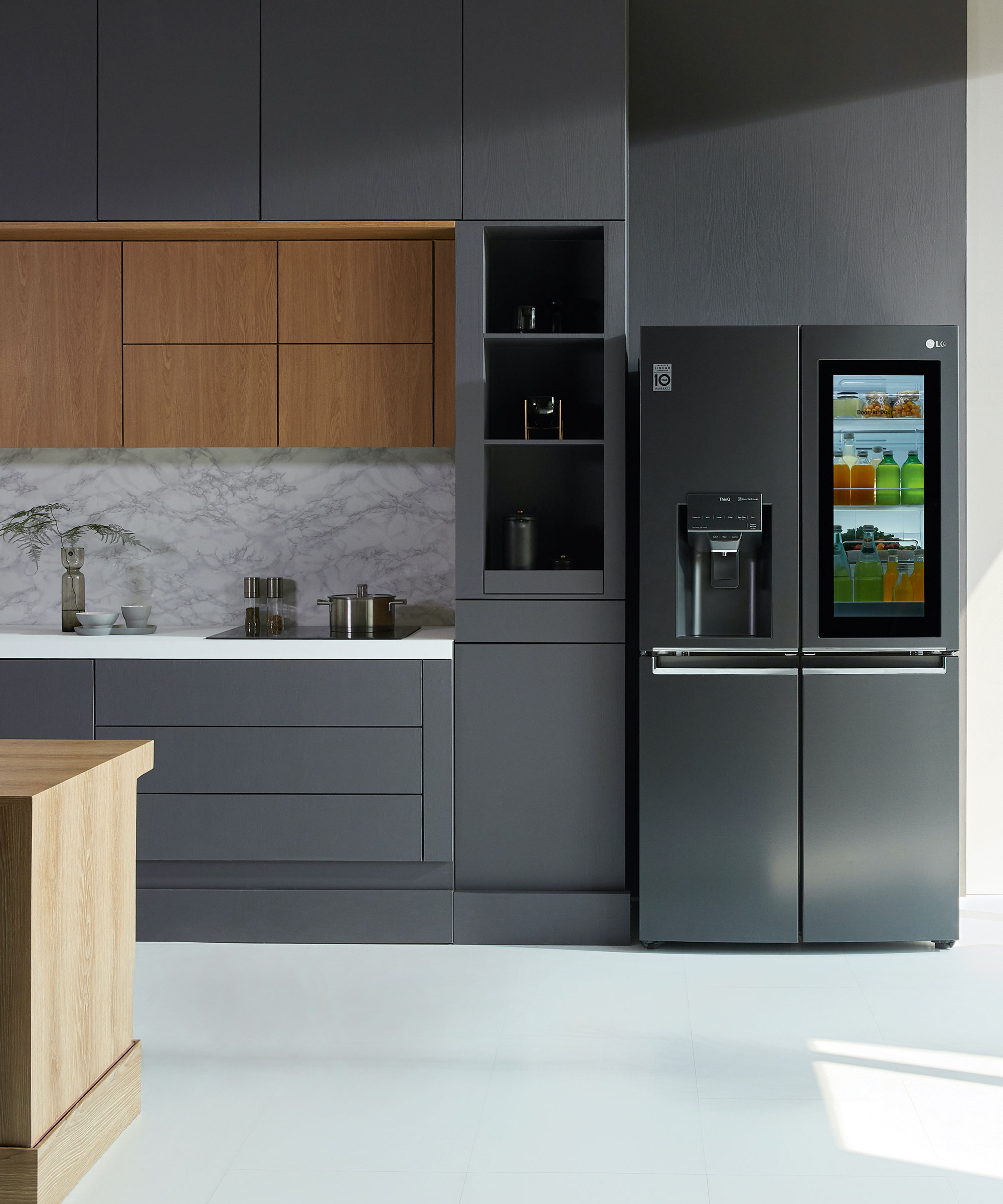
So, what causes ice buildup?
Lewis explains, 'Every time you open your refrigerator or freezer doors, warm, moist air enters the unit and can turn to ice on the walls or ceiling. Placing warm items inside can also cause this. It's perfectly normal.'
It's also one of the reasons but it's important to know about items not to store in the freezer.
When it comes to how to defrost a freezer, and even how to defrost a freezer without turning it off, Lewis says, '99% of all refrigerators and freezers on the market today are self-defrosting, however, an ice buildup should never occur unless something is wrong with your appliance.
'It could be as simple as a door being left open, even a little bit, or it could be something more serious like the defrost system has failed, or a seal being faulty,' which are warning signs it's time to replace your old appliance.
How often should you thaw your freezer to keep it running smoothly?
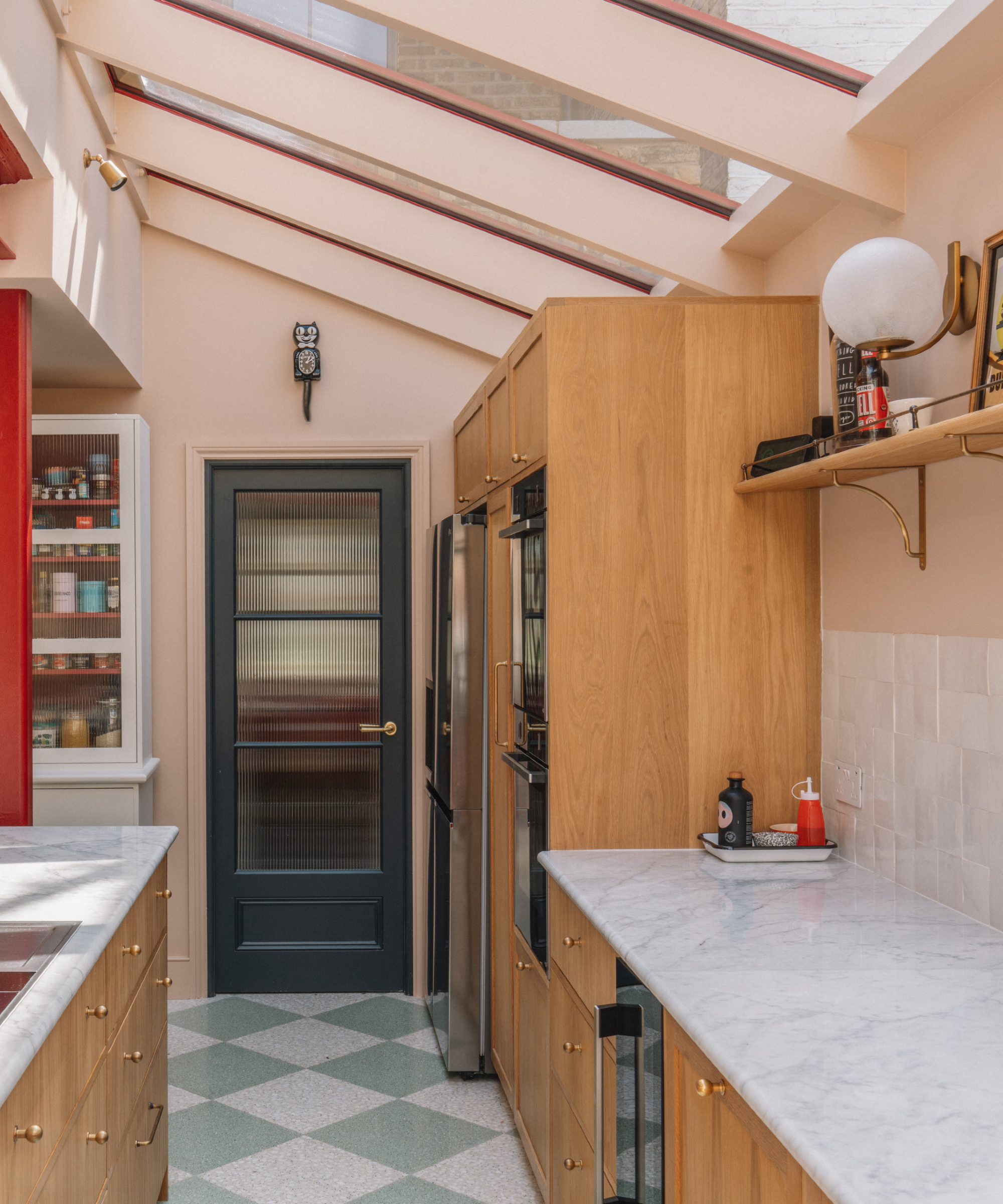
As Lewis points out, 99% of freezers and refrigerator-freezers on the market today are self-defrosting, so you should never have to defrost your freezer unless something is wrong with it, or it's old and lacks the technology.
He adds, 'If you do have a manual defrosting freezer of refrigerator-freezer, then you would need to thaw your freezer every 6-12 months, or when ice buildup reaches about 1/4 inch thick.'
To do so, the simplest and easiest way is to turn it off, remove foods, let the ice buildup melt, and clean as it does so, using an absorbent mop such as the MR.SIGA Professional Microfiber Mop available at Amazon. Avoid taking any shortcuts, such as picking the ice, or using a hairdryer to melt the ice and never use windshield de-icer, either.
Once your freezer is turned on again, it will take a while to get back to the correct temperature, so don't rush putting your frozen goods back in, particularly any meat or fish.
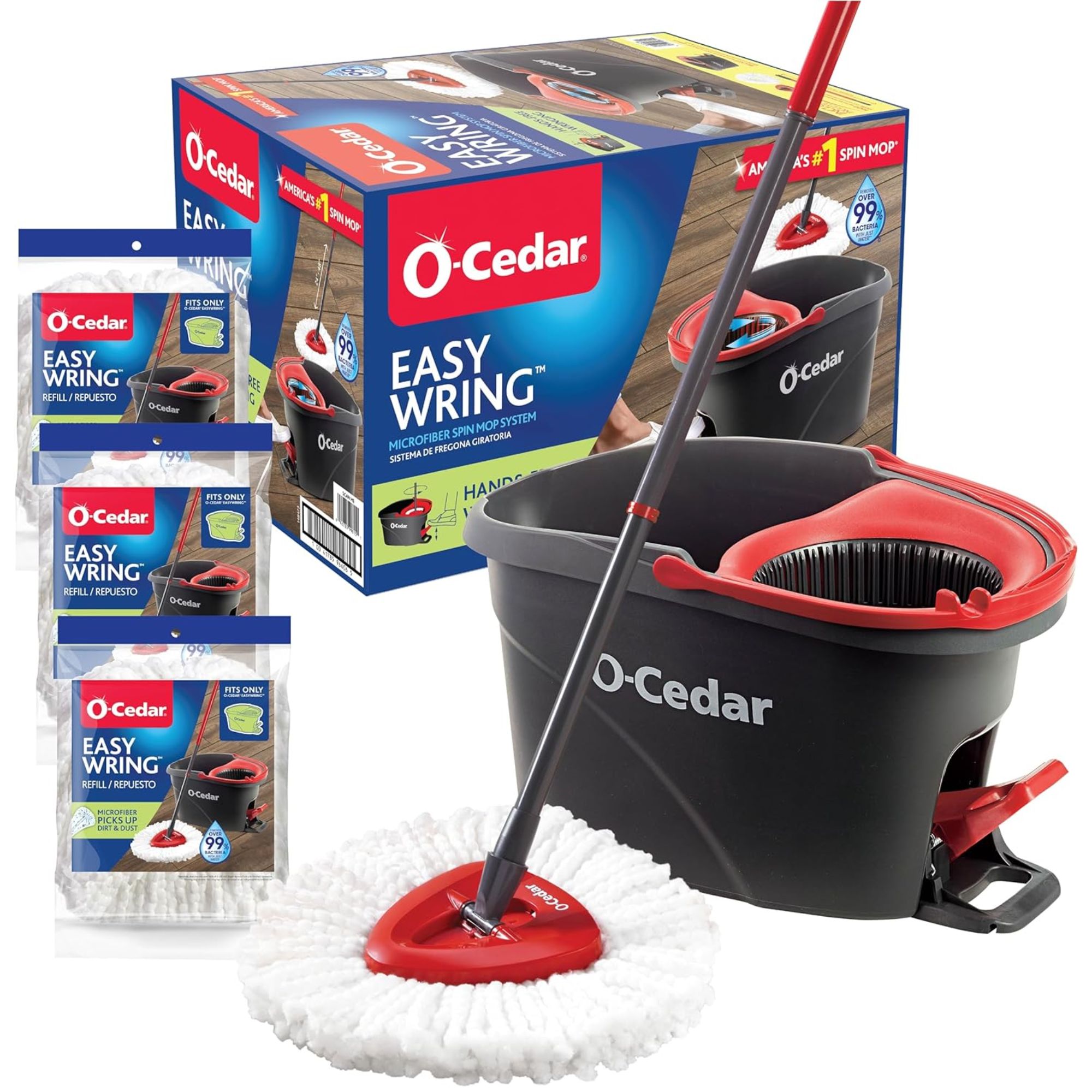
With washable and 3 reusable mop refills included, this is a great product to clean your home without harming the planet. It also has a patented triangular mop-head, and the ability to rotate 360 degrees.
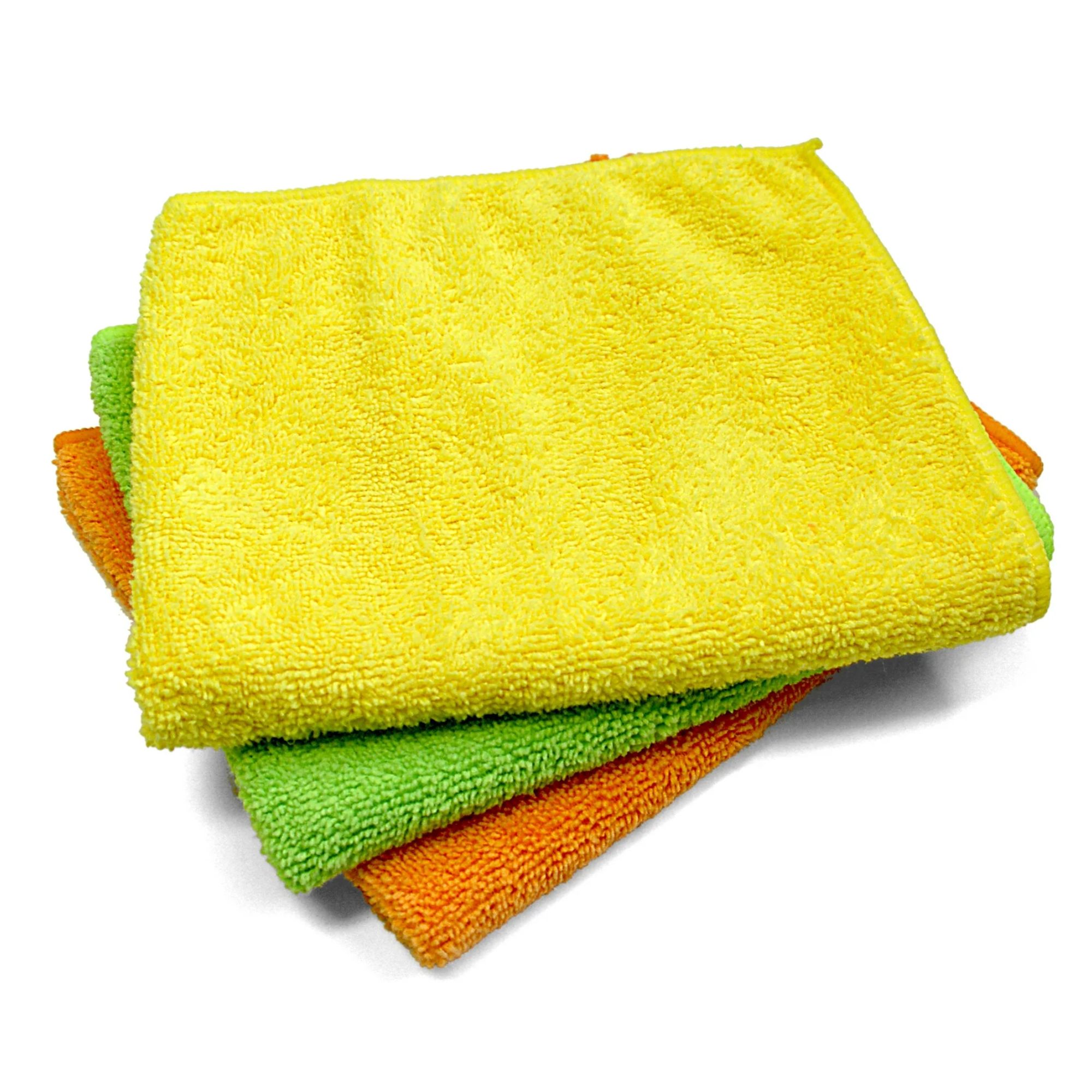
These microfiber cloths are soft and ultra-absorbent, perfect for mopping up excess water in the freezer and wiping it down with a disinfectant after.
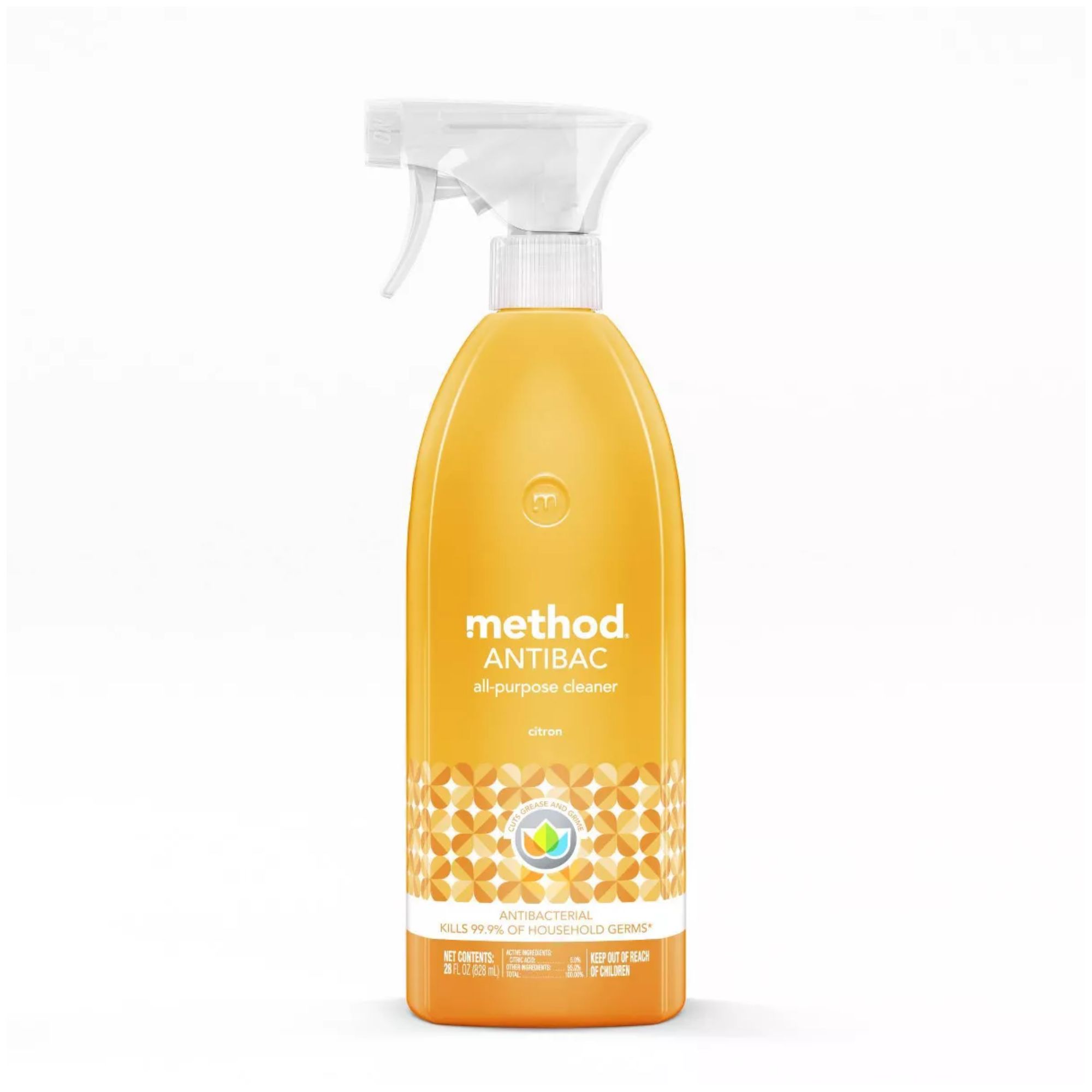
Plant-based, cruelty-free and vegan, here at H&G we love Method cleaning products. This spray kills 99.9% of household germs, and is safe for all surfaces.
Expert tips to optimize the running of your freezer
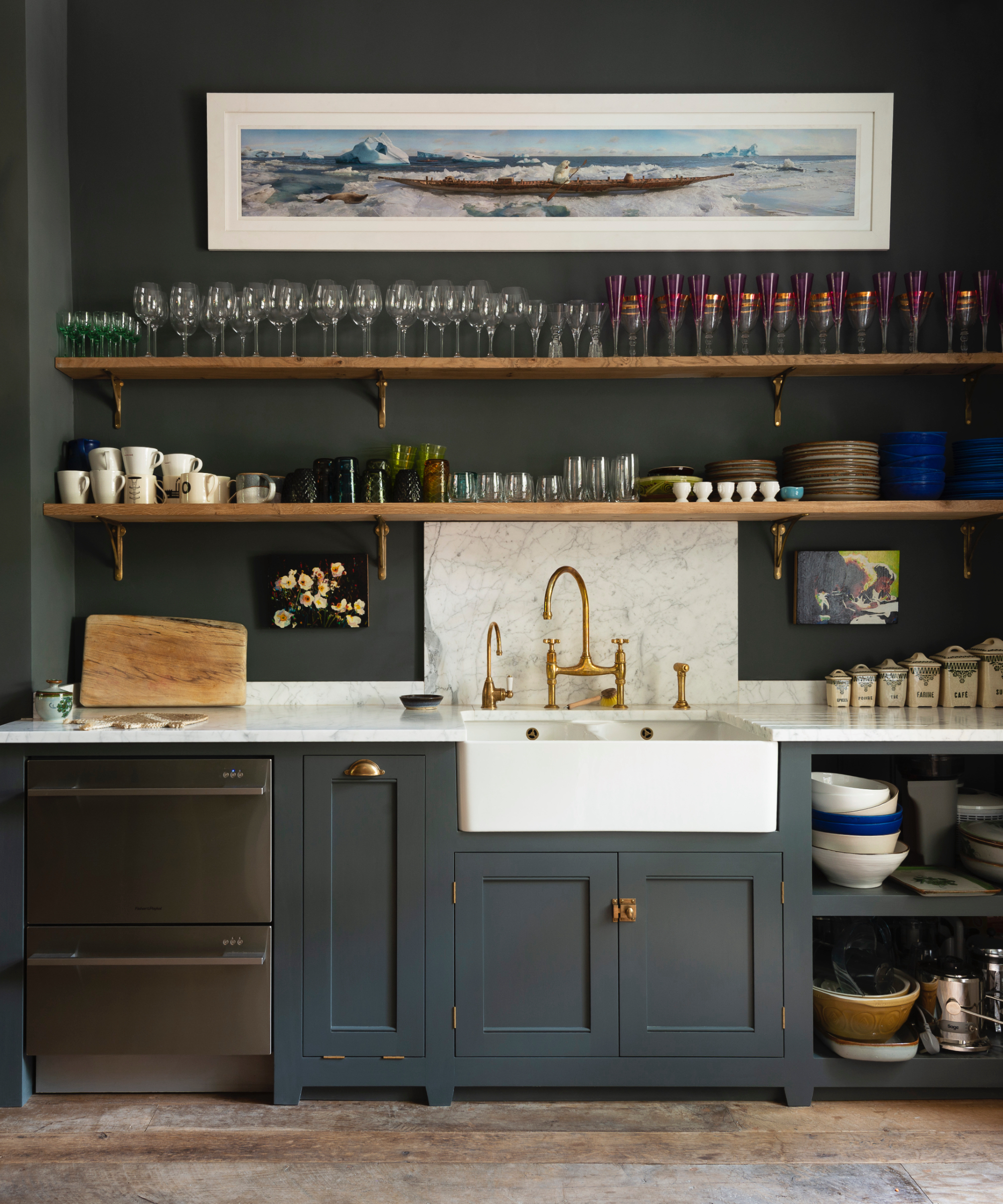
As Lewis highlights, the most important thing when it comes to optimizing the running of your appliance is knowing how to organize a freezer.
He says, 'Overloading your refrigerator or freezer so there is not good airflow, or even to the extreme where it pushes the door open, is a simple check and fix you can do, or at least look at first, before calling in a professional.'
If this is the case, it's probably best to take everything out, as daunting as that may sound, and then use some freezer storage and organization hacks to double your space and streamline your storage.
Also, make sure to take time to clean your freezer, as Lewis says, 'The manufacturers of all the different brands recommend an annual cleaning and check of the operating systems to keep your appliance in top shape.'
Check the temperature at least weekly, and use vanilla to freshen your freezer up if you notice any odors – it's cheap, affordable, and effective.
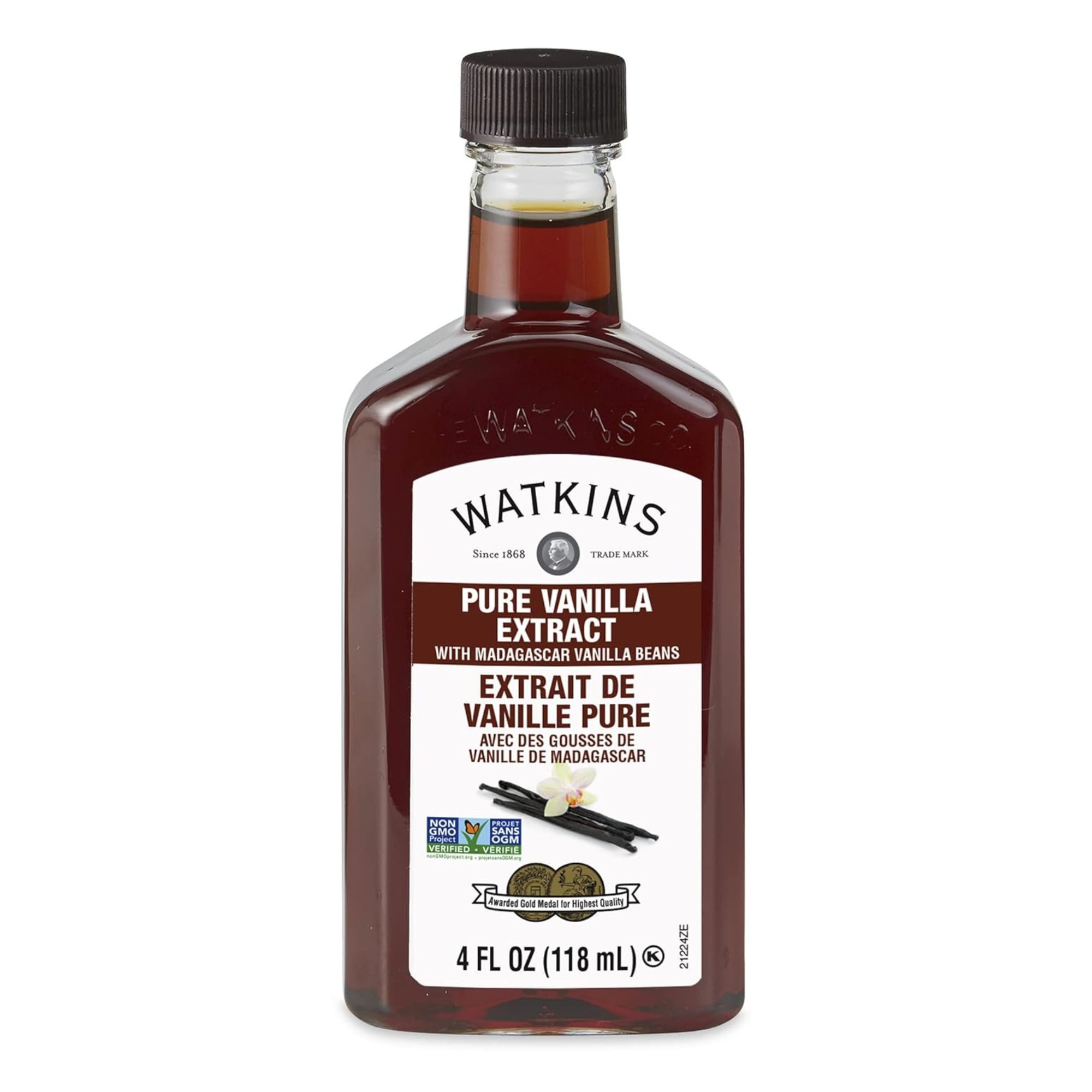
As our contributing writer Ciéra Cree points out, quality vanilla is key to making your freezer smell amazing, naturally. This one is pure, organic, and non-GMO certified, perfect when paired with Amazon Basics Cotton Balls available at Amazon.
FAQs
How cold is too cold for a freezer?
While, in theory, no temperature is too low for a freezer, it may be too low for your food. In fact, keeping your freezer any lower than the recommended 0°Fahrenheit can lead to unnecessary energy consumption and freezer burn on your food, which can significantly impact the flavor and texture of stored goods. If you're in the market for a new freezer entirely, consider investing in an energy-efficient appliance, which is an eco-friendly option, too.
Next, learn about how cold a refrigerator should be, to keep food fresh and save you money at the same time.
Sign up to the Homes & Gardens newsletter
Design expertise in your inbox – from inspiring decorating ideas and beautiful celebrity homes to practical gardening advice and shopping round-ups.

Ottilie joined Homes & Gardens last year, after finishing a Master's in Magazine Journalism at City, University of London. With previous contributions in Livingetc and Motorsport Magazine, she produces content for the Solved section on the website, focusing on clever tips and tricks to keep your home beautiful, organized and clean. She also has a Master's degree in English Literature and History of Art from the University of Edinburgh, where she developed a love for inspiring interiors and architecture.
-
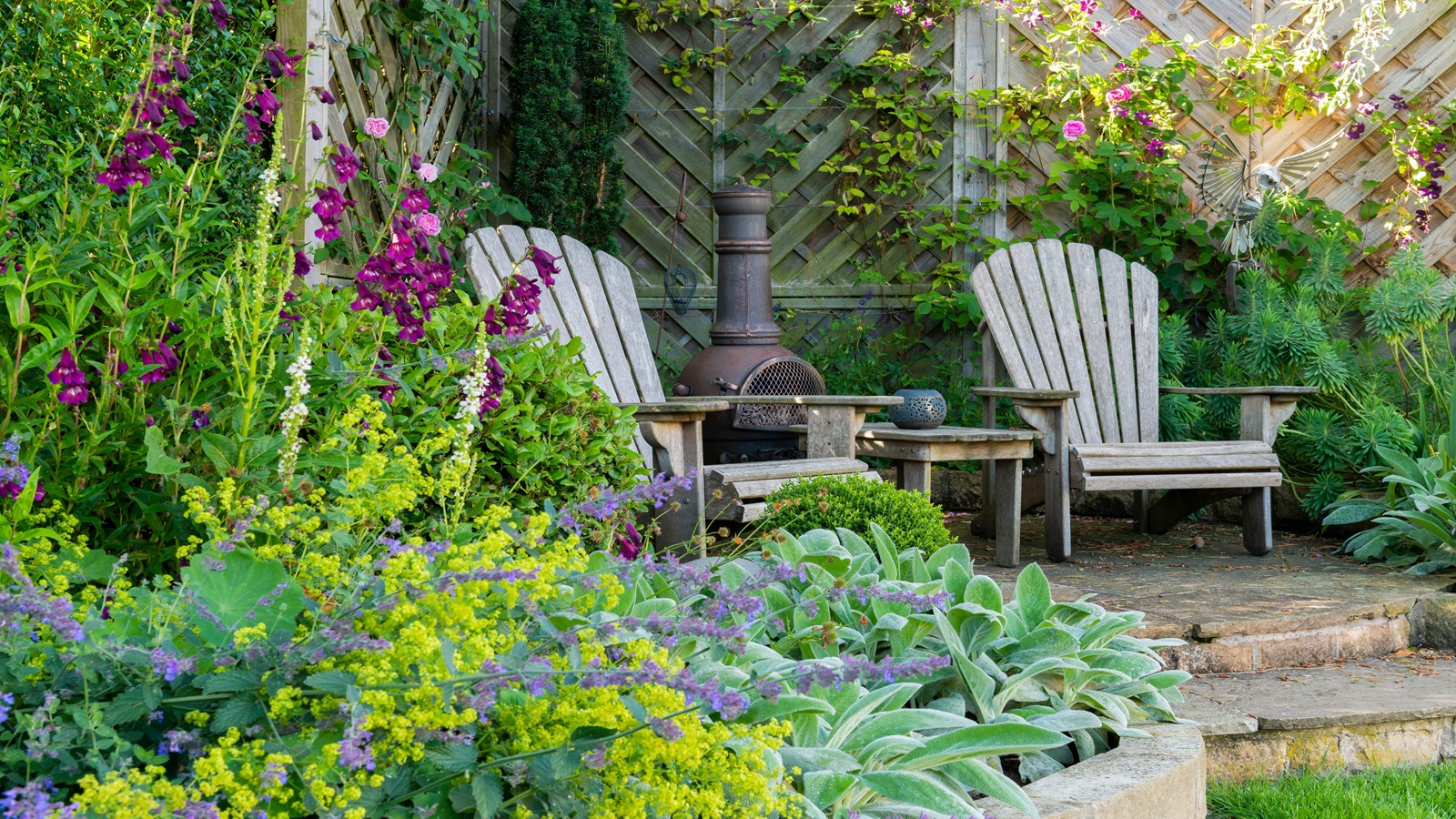 Design ideas for awkward corners – 9 innovative and stylish solutions to try in challenging yards
Design ideas for awkward corners – 9 innovative and stylish solutions to try in challenging yardsThese expert-approved ideas will bring space-savvy style, practicality and flair to your plot
-
 Lewis Hamilton's living space features the most unorthodox furnishing I've seen to date – it invites you to get playful with retro and modern pieces
Lewis Hamilton's living space features the most unorthodox furnishing I've seen to date – it invites you to get playful with retro and modern piecesNobody introduces vintage furnishings in a contemporary space quite like Hamilton – you can follow his example (even without the same accessory)
-
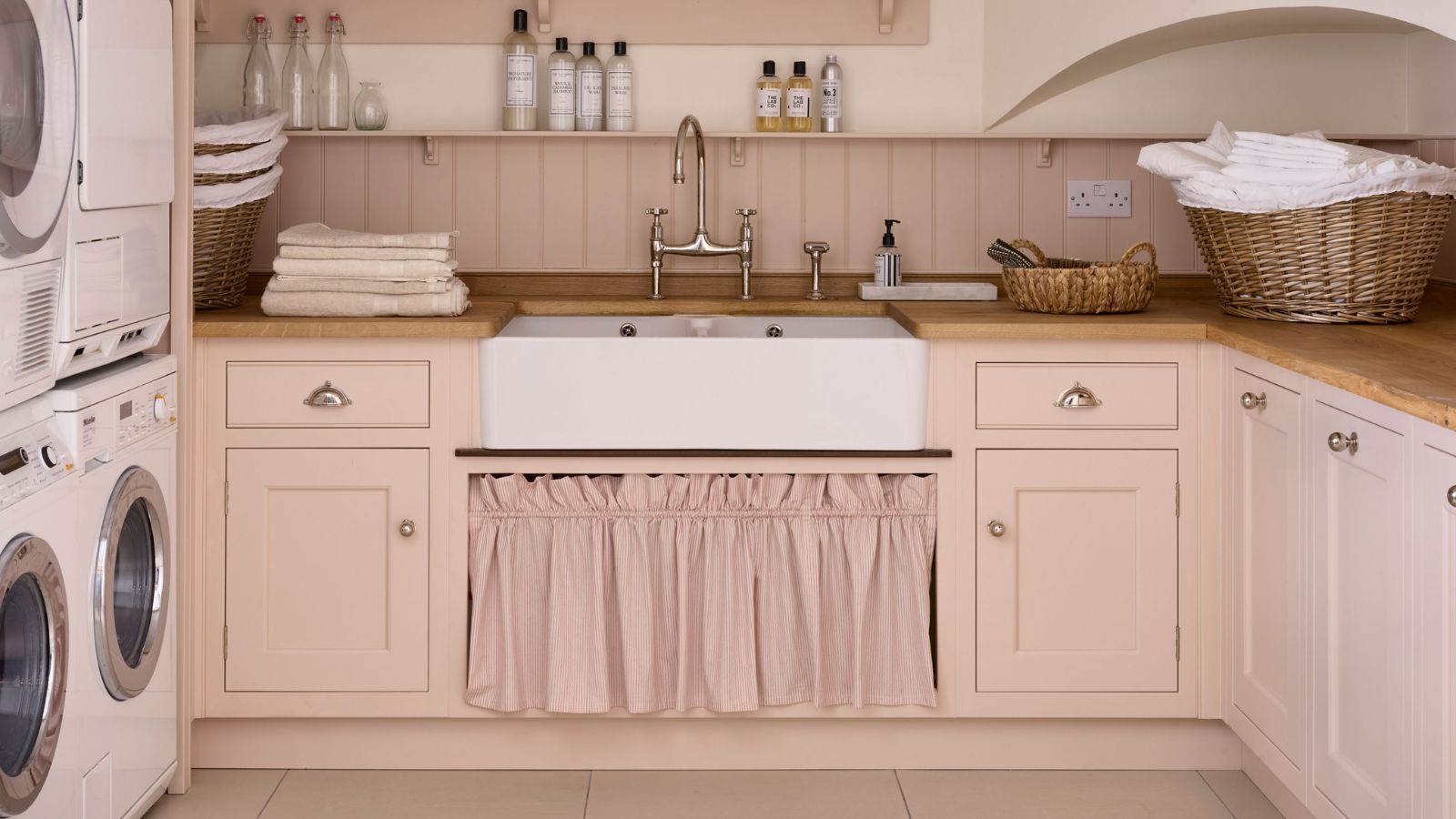 'They are not designed to be storage' – experts warn you should never store these 5 things on your washer or dryer
'They are not designed to be storage' – experts warn you should never store these 5 things on your washer or dryerYou'll run the risk of fire or damage to your appliance
-
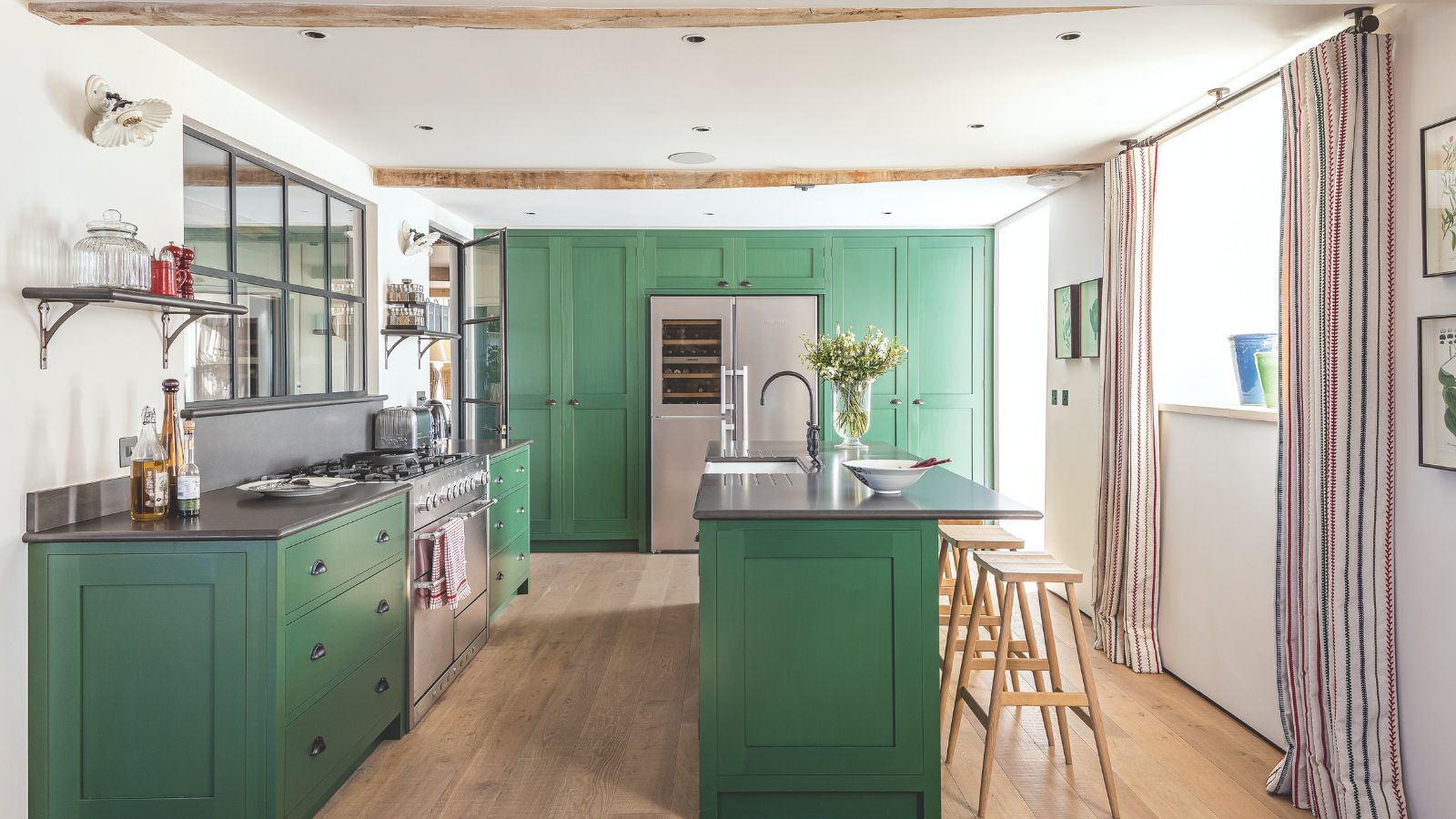 This $5 hack can cut your water bill in half and vastly improve your water pressure – it's perfect for renters and homeowners alike
This $5 hack can cut your water bill in half and vastly improve your water pressure – it's perfect for renters and homeowners alikeA faucet aerator can improve flow, reduce water, and help with washing up
-
 What are gutter guards, and do they really work? Roofing experts reveal these mean 'less to worry about', including mold and pests
What are gutter guards, and do they really work? Roofing experts reveal these mean 'less to worry about', including mold and pestsThey also help prevent water-related damage
-
 5 surprisingly practical ways to re-purpose old bed sheets for cleaning, decluttering and storage at home
5 surprisingly practical ways to re-purpose old bed sheets for cleaning, decluttering and storage at homeDon't ditch worn-out bedding – there's life in them yet
-
 Do you need to turn the lights off when you leave a room? Experts have ended this time-honored debate once and for all
Do you need to turn the lights off when you leave a room? Experts have ended this time-honored debate once and for allOn or off? We delve into the details of this age-old dispute
-
 I tried the baking soda trick to quickly and naturally clean my outdoor rug – it’s now set for Easter outdoor hosting
I tried the baking soda trick to quickly and naturally clean my outdoor rug – it’s now set for Easter outdoor hostingBaking soda is perfect for lifting dirt and debris
-
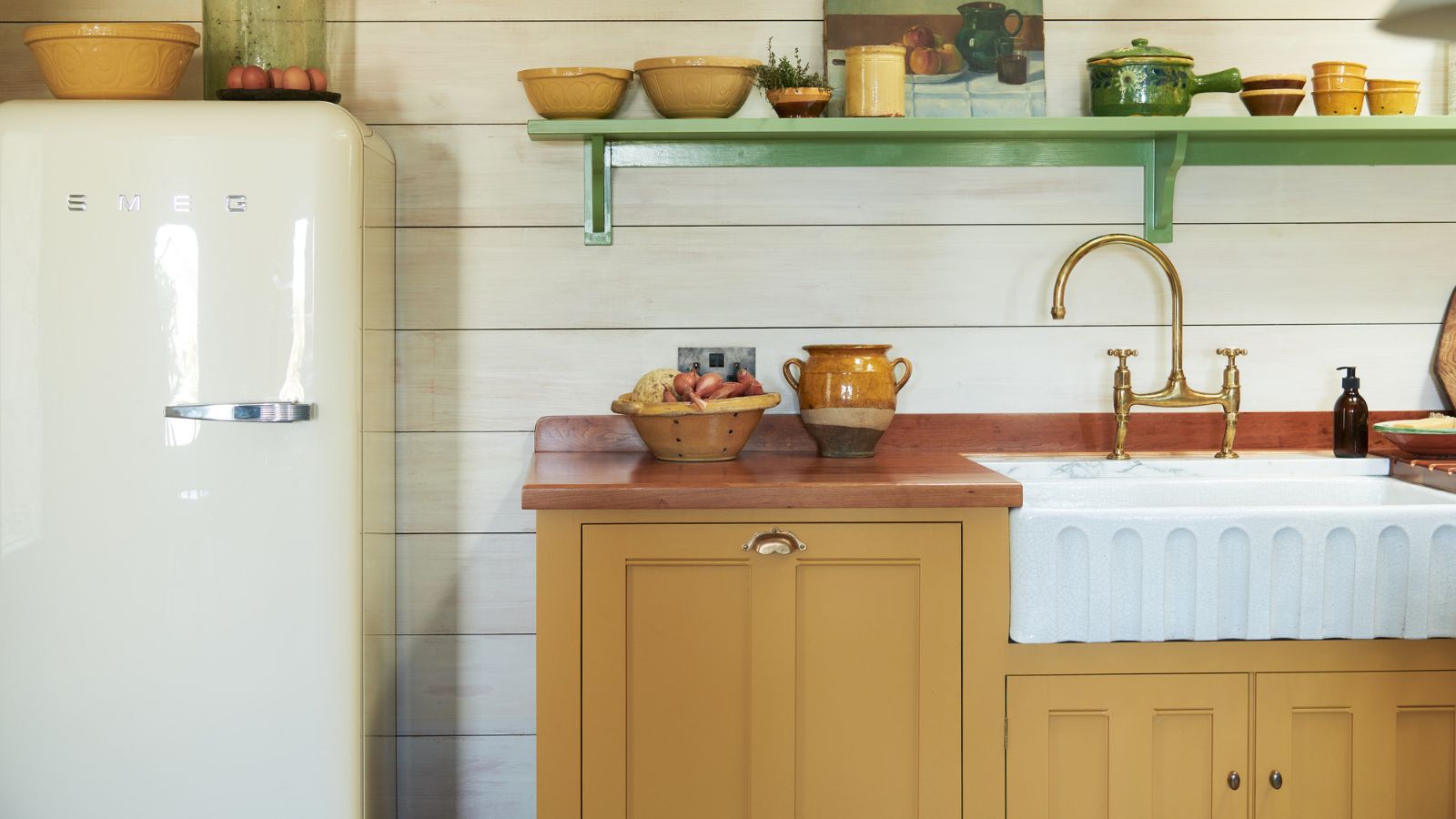 The 5 worst things you can do to your fridge – these will drive up energy costs and result in pricey and regrettable repairs
The 5 worst things you can do to your fridge – these will drive up energy costs and result in pricey and regrettable repairsIt's crucial to swerve these blunders, appliance experts warn
-
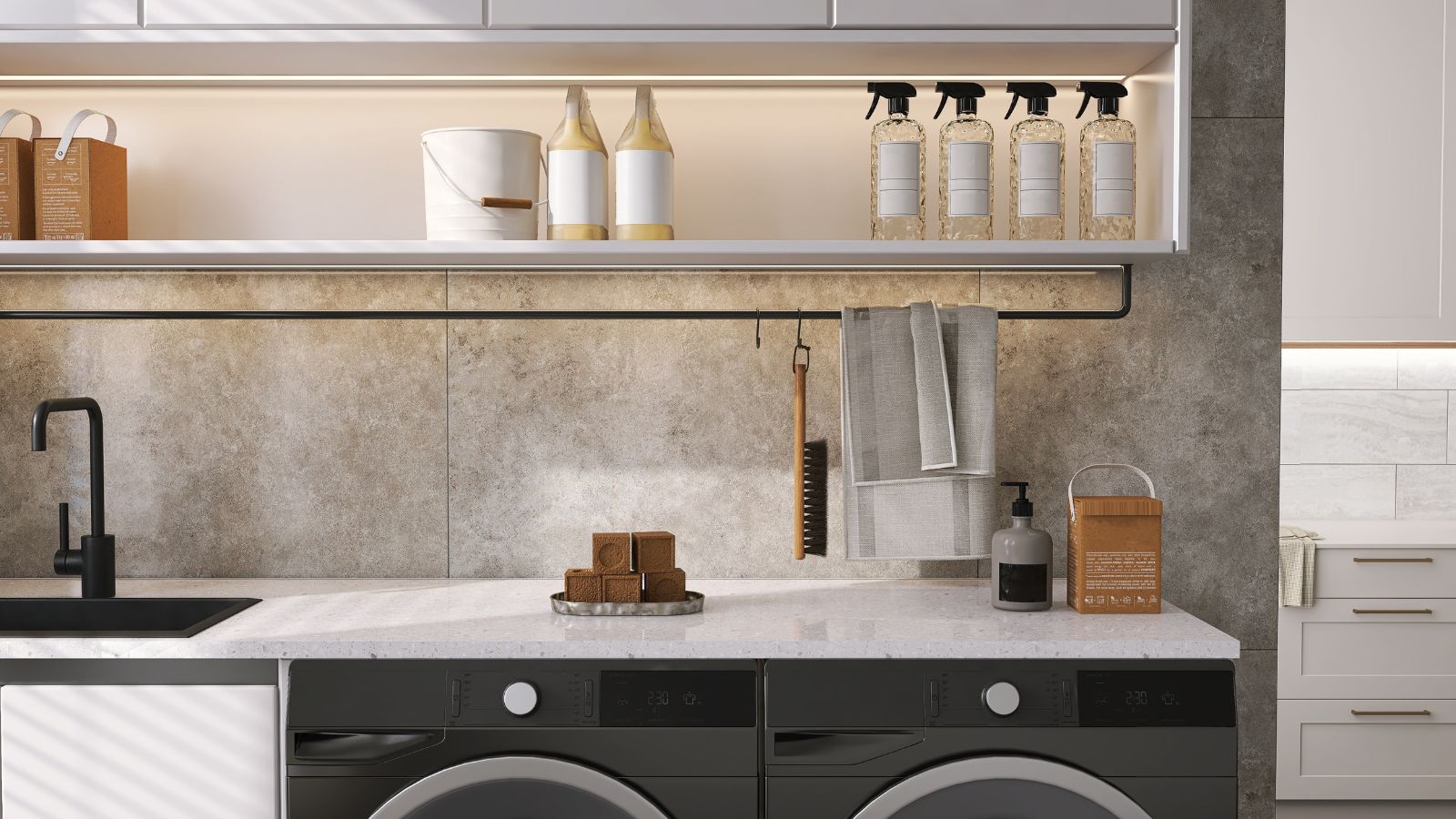 Extend the lifespan of your appliance with 5 simple but crucial washing machine maintenance tips
Extend the lifespan of your appliance with 5 simple but crucial washing machine maintenance tipsFrom cleaning the filters to keeping the door open, experts reveal the washer tips they swear by